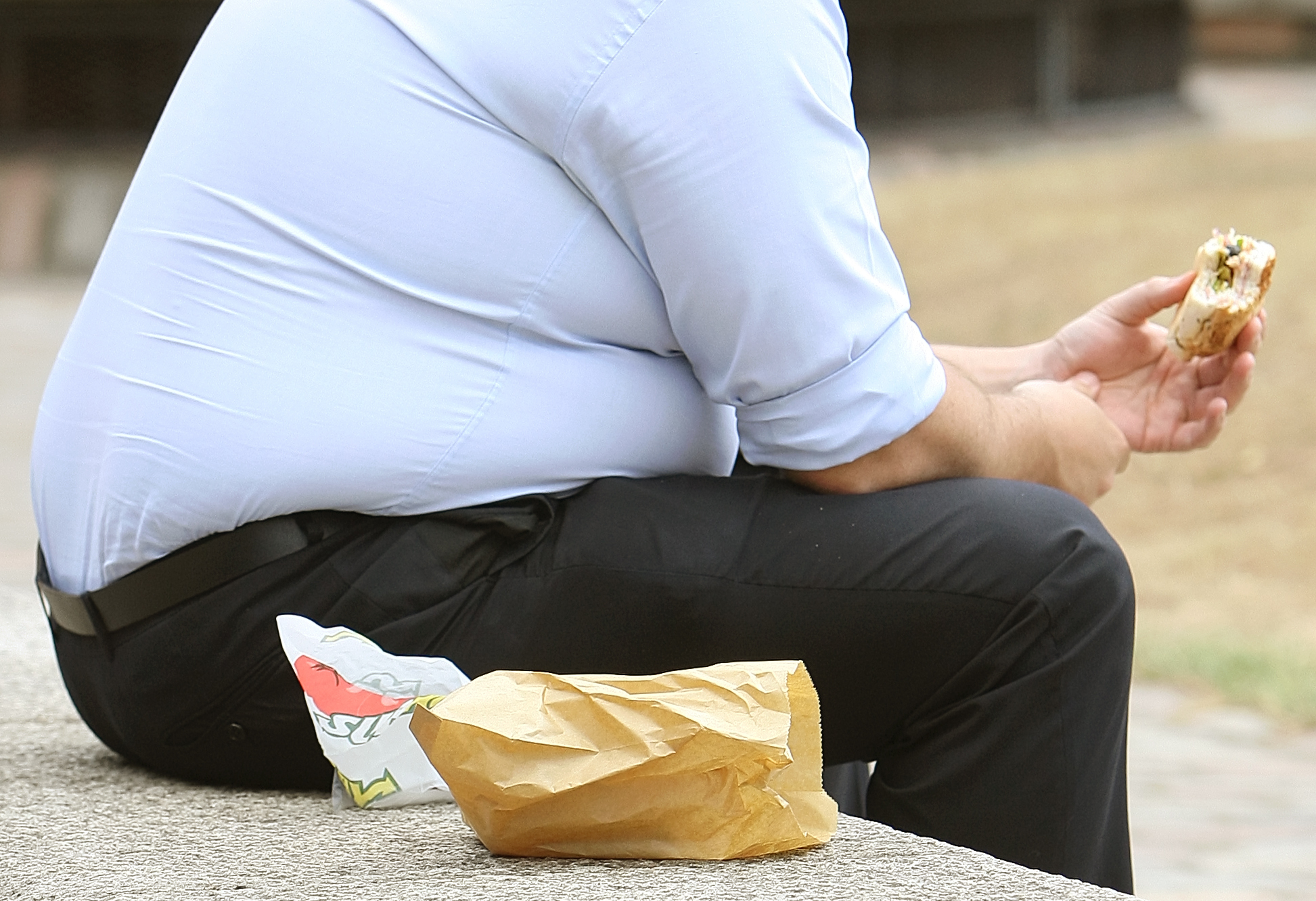
PEOPLE who think they are discriminated against because of their weight are less likely to exercise than those who do not, a new study suggests.
Those who felt stigmatised because of their weight had higher odds of being inactive, according to the research published in the journal BMJ Open.
Experts examined information on more than 5,400 men and women who took part in the English Longitudinal Study of Ageing.
People who took part in the study reported experiences of weight discrimination in everyday life and frequency of light, moderate and vigorous physical activities.
Almost 5% of participants reported facing stigma because of their weight.
The researchers, led by a team at University College London (UCL), found that among participants who reported weight discrimination, 10.3% reported no regular physical activity and 18.3% reported only light activity at least once a week.
Overall, they found that perceived weight discrimination was associated with almost 60% higher odds of being inactive.
And those who had been stigmatised because of their weight were also 30% less likely to engage in moderate or vigorous activity at least once a week.
The authors wrote: “Independent of BMI, individuals who perceive unfair treatment on the basis of their weight are less physically active than those who do not perceive discrimination.
“Individuals who perceive discrimination may be more self-conscious about exercising in front of people for fear that it might attract undesirable attention.
“Internalisation of weight bias may also result in a loss of self-efficacy and motivation to achieve goals, leaving people wondering why they should bother trying to be active.”
Previous surveys from the UK and the US show that 7% of overweight people feel as though they have experienced “weight-related mistreatment”.
This compares with 14% of those deemed to be moderately obese and 43% of people who are classed as severely obese.
The authors point out that such discrimination can have “harmful consequences” to a person’s emotional well-being.
There is some evidence that people who have suffered discrimination because of their weight are more likely to increase intake of high-fat and high-calorie foods, decrease dietary quality and limit physical activity, they added.
Lead researcher Dr Sarah Jackson said: “People who have experienced weight-related discrimination may lack the confidence to exercise in public.
“They may also begin to believe the negative stereotypes against themselves as lazy and worthless, leaving them wondering why they should bother trying to be active.
“Given the substantial benefits of being physically active for both physical and mental health, interventions that aim to reduce weight bias at a population level, for example through schools, local communities or national campaigns, may have greater impact on health than those that encourage people to lose weight.”

Enjoy the convenience of having The Sunday Post delivered as a digital ePaper straight to your smartphone, tablet or computer.
Subscribe for only £5.49 a month and enjoy all the benefits of the printed paper as a digital replica.
Subscribe